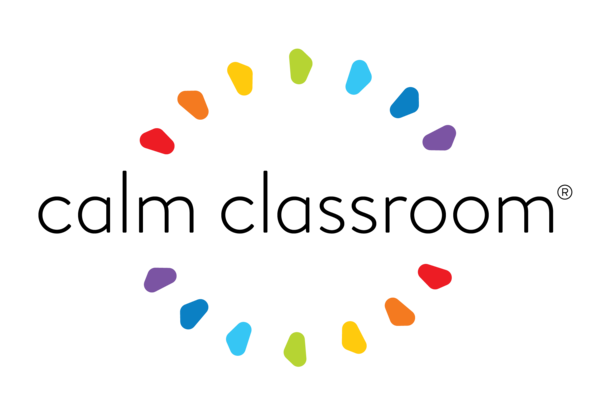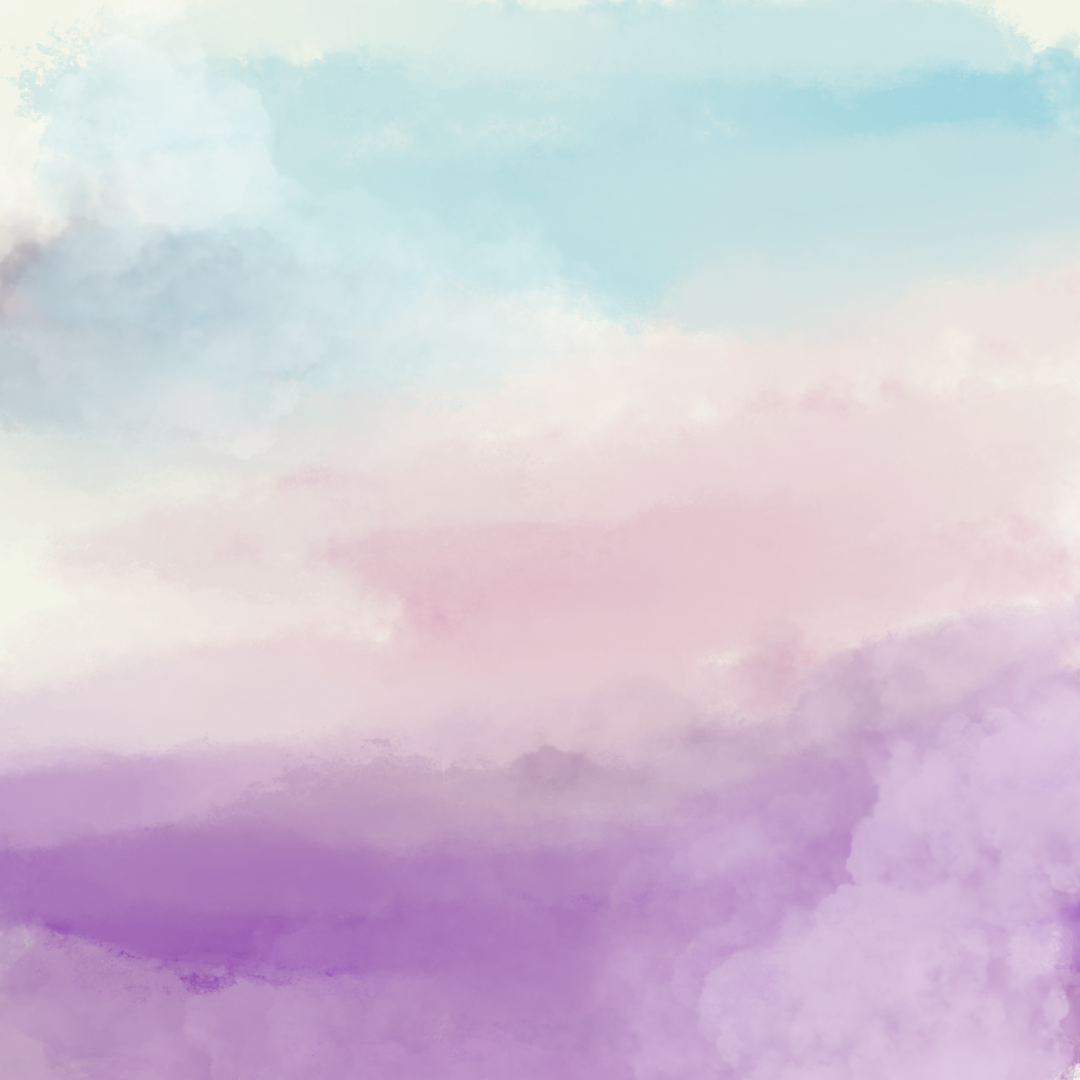35 Restorative Justice Circle Questions to Engage Middle School Students
Human beings are communal creatures who have evolved to thrive in communities that provide safe, supportive, and positive attachments and equitable resource-sharing. Learn how restorative circles can tend to these fundamental human needs and gather questions you can ask to help your students feel valued, connected, seen, and heard.
What Is a Restorative Circle?
From sitting around the fire under the stars to sitting around the table for family dinners, humans have been gathering together in small and large circles since time immemorial to share wisdom, tell stories, solve problems, and cultivate interconnected communities. Drawing from the rich history of indigenous cultures around the world and the contemporary restorative practices that emerged from them in the 1970s, restorative circles in schools aim to help students process emotions, identify and evaluate maladaptive behaviors without being shamed, foster compassionate accountability, and proactively creative conscious and collaborative classroom and school communities.
By creating a safe, brave container for self-inquiry and deep listening, restorative circles are a powerful tool for building community, checking in, sharing stories, learning about relationships and values, encouraging individual and shared goals and dreams, and taking responsibility for behaviors and choices.
To learn more about how you can use restorative circles, mindfulness programs, and other practices to teach SEL skills, contact us today.
Restorative Circle Questions for Middle School Students
Whether you’re new to restorative circles or a seasoned practitioner, use the questions below in your next restorative circle or to inspire your own unique questions for witnessing the voices and experiences of your middle school students.
5 Questions for Building Community
- What makes you feel like you are an important part of our classroom community? The school community? The community where you live?
- If you could change one or two things about your [classroom, school, neighborhood, etc] community, what would they be? Are there any actions you can take to help nurture the change you’d like to see?
- Where is your favorite place to spend time at school and why? After school?
- What do you like about the neighborhood in which you live? How do these things you like make you feel?
- What do you like about the society we live in? What don’t you like? What message would you like to share with our society about building community?
5 Questions for Checking In
- What was your favorite moment of the day? Your least?
- What felt fun, easy, or natural for you today? What felt weird, scary, or challenging?
- What are you looking forward to tomorrow? [This weekend? Next week? This summer? Etc.]
- If you were an animal [insect, food, plant, color, season, type of weather, city, etc], what would you be today and why?
- What are you the most excited to learn about right now? What are you least excited to learn about right now?
5 Questions for Sharing Our Stories
- When have you felt like you belonged to a group or team? When have you felt that you didn’t?
- When have you felt sad [angry, disappointed, frustrated, scared, alone, embarrassed, etc] and how did you deal with it?
- When have you overcome an obstacle or challenge and how did you feel during and after?
- When have you felt confident [connected, powerful, positive, hopeful, safe, supported, etc] and why?
- When have you caused harm to another person and what did you do to repair the relationship?
5 Questions About Learning About Relationships
- Who makes you feel safe [supported, brave, loved, etc] and why?
- What are one or two of the most important qualities in your friendships? How do you demonstrate these qualities to your friends?
- What does the phrase ‘healthy relationship’ mean to you? What about ‘unhealthy relationships’?
- When have you felt challenged by a relationship? What made the relationship feel challenging? Did anything help you navigate these challenges?
- Have you ever found it hard to tell someone “no” when they have asked you to do something? Have you ever said “yes” when you really wanted to say “no”, and how did you feel afterward? Have you ever tried to get someone who has said “no” to say “yes”?
5 Questions for Learning About Values
- What makes you feel safe, supported, and empowered in friendships? At school? In your community? In society? How do you share these qualities with others?
- Do you think it’s ever okay to lie [cheat, steal, etc.]? Why or why not? Has anyone ever lied to you? How did that make you feel?
- What are some rights you think everyone--including you--deserves? What might the world look like if everyone had these rights?
- Have you ever done something to help someone else when you thought no one was watching? How did this experience make you feel?
- What do the words ‘justice’ and ‘injustice’ mean to you? How do you think we can proactively create a more just classroom, community, and world?
5 Questions for Encouraging Dreams
- If you could travel anywhere in the world right now, where would you go, what would you bring, and who would you want to come with you? What would you like to experience here?
- If your life was a movie and you were a director, what would you like to make happen in the next scene?
- If you could speak another language [play an instrument, master a craft, etc], what would it be and why? What would do with your new skillset?
- If you could make a difference in the world, what would it be? Who would you like to support and uplift? How would you like them to feel?
- If you could grow up to be any kind of person, who would you be? What qualities would you have? Profession? Lifestyle? Relationships? Family?
5 Questions for Taking Responsibility
- Have you ever said you were going to do something and then didn’t? How did it make you feel? Did this behavior impact another person, with or without them knowing it?
- Have you ever used your words or actions to harm or exclude another? How do you think that behavior made them feel? Is there anything you could do or say differently next time?
- What are some reasons why society treats some people as having more value, and some people as having less value? What do you think you can do to see and treat all people as equally valuable?
- What thoughts, words, or behaviors would you like to improve and why? How might these changes improve your daily life? The lives of others?
- Has anyone ever taken responsibility for hurting you by apologizing or changing their behaviors? How did their effort to repair broken trust with you make you feel?
Calm Classroom empowers K-12 school communities with mindfulness training that is simple, sustainable, and impactful. For more social-emotional learning ideas, sign up for our newsletter.





SIGN UP FOR OUR NEWSLETTER